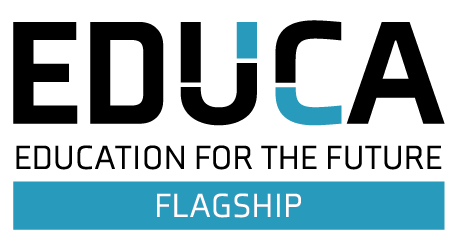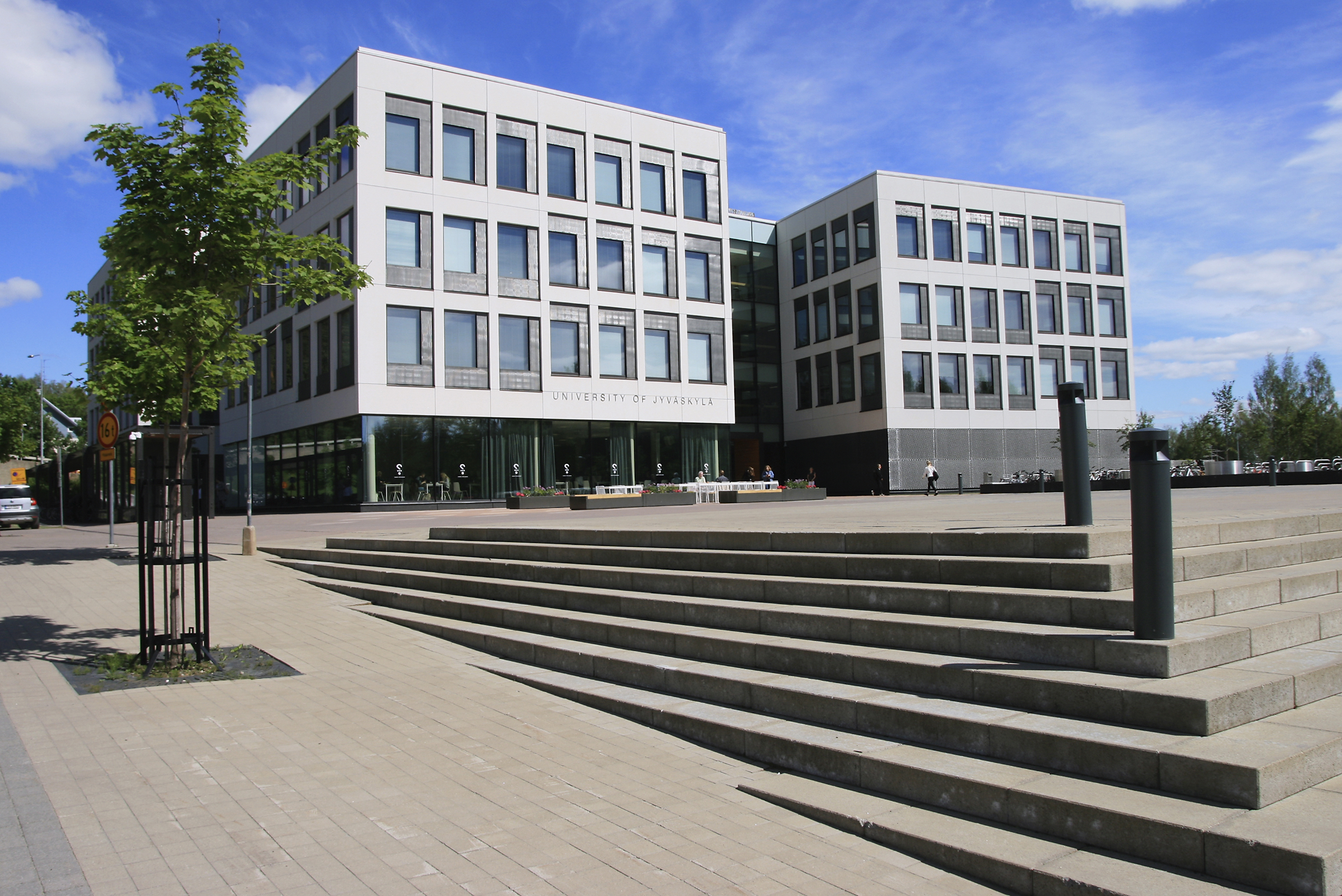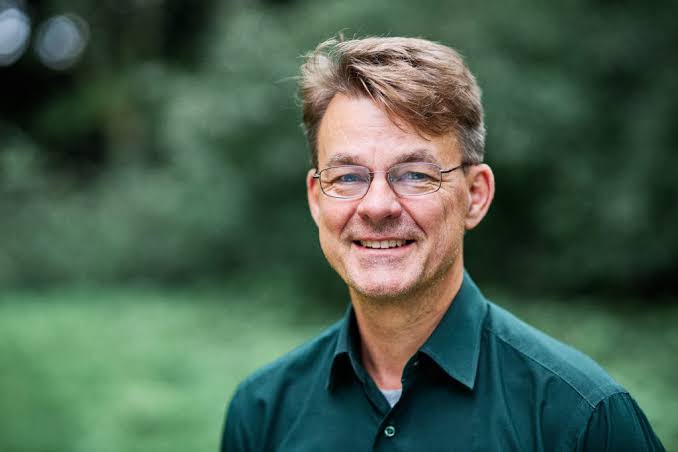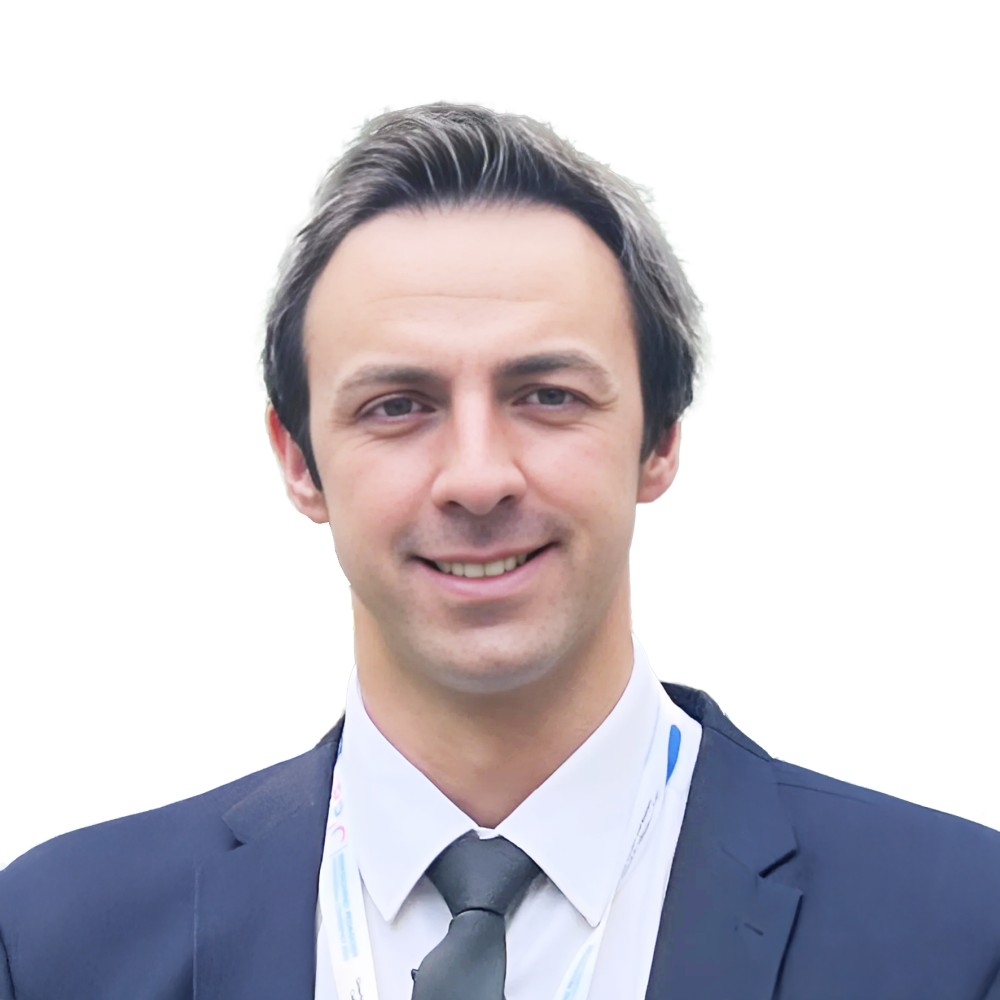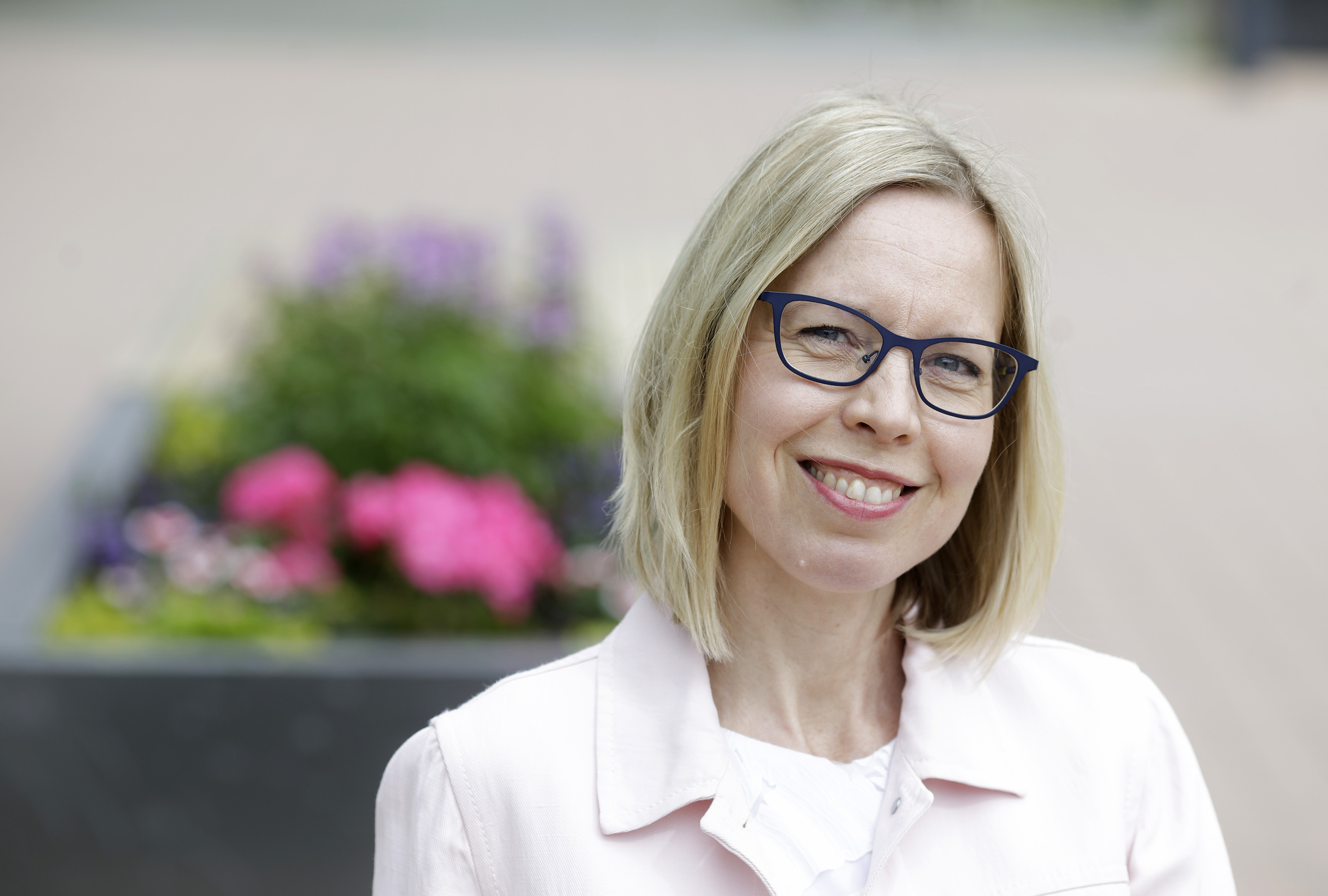The First EDUCA Summer School on 25-26 September 2025 in University of Jyväskylä
Programme
Please note: the programme is preliminary!
Thursday 25.9.2025
8:00-12:00 Registration is open at Ruusupuisto building
9:00-11:00 Workshop on research ethics: Prof. Niina Rutanen, JYU: Mapping Your PhD Journey: Ethics, Integrity, and Responsible Research (Aimed for doctoral researchers from EDUCA-Doc pilot and EDUCA Flagship, postdocs are also welcome)
Room: Helena D104
10:00-11:00 Supervisors Collegium Meeting in EDUCA-Doc Doctoral Education Pilot
Room: Juho D101
11:00 Lunch (own expense)
12:00 Opening of the EDUCA Summer School Conference
Room: Helena D104
12:30 Keynote: Prof. Lars-Erik Malmberg, University of Oxford: "Intraindividual variability"
Room: Helena D104
13:30 Coffee break
14:00-16:00 Paper Sessions 1-7
- Session 1: Youth in Focus: Learning & Development I
Room: Emma B102 - Session 2: Youth in Focus: Learning & Development II
Room: Elsa B101 - Session 3: Students' Motivation in Learning Environments
Room: Toivo E207 - Session 4: Well-being and Support Structures in Educational Communities
Room: Päivö E208 - Session 5: Socioemotional Development and Well-being from Early Childhood to Adolescence
Room: Isa E314 - Session 6: Targeted Interventions for Learning and Well-being
Room: Onni E214 - Session 7: Essential Competencies for Learning in the Digital Age
Room: Juho D101
16:00 Ending the day together
Room: Helena D104
Opportunity to participate in the City of Light Festival
Unofficial gathering place: Restaurant Sohwi, Vaasankatu 21, Jyväskylä
Friday 26.9.2025
8:30 Paper Sessions 8-12
- Session 8: Learning Environments & Collaborative Learning in Classroom
Room: Isa E314 - Session 9: Teachers' Competence and Well-being
Room: Toivo E207 - Session 10: Digital Tools and Learning Experiences in Education
Room: Onni E214 - Session 11: Impacts and Ethical Tensions in Education Policy
Room: Päivö E208 - Session 12: Multicultural Competencies and Social Factors in Education
Room: Juho D101
10:30 Break
11:00 Keynote: Prof. Mutlu Cukurova, University College London: "Teacher-AI Teaming in Education: Replacement, Amplification, & Augmentation of Human Competence"
Room: Helena D104
12:00 Lunch (at own expense)
13:00-14:00 Poster Session
- Group 1: Cognitive and social mechanisms of learning
Room: Päivö E208 - Group 2: The role of technology in education
Room: Onni E214 - Group 3: Language and literacy learning
Room: Isa E314 - Group 4: Challenges in teaching and learning environments
Room: Toivo E207
14:00 Coffee break
14:30 Panel discussion: Future challenges in Finnish education
Room: Helena D104
15:15 Next EDUCA Meetings and other programs
Room: Helena D104
15:30 Conference ends
After the official program, participants may choose to stay in Jyväskylä for the Researchers’ Night – a city-wide celebration of science, dialogue, and discovery. It’s a good chance to engage with local research and culture in a relaxed evening setting.
Book of Abstratcs
Please find all abstracts here (pdf)
Book of Abstratcs updated on 23 September 2025
In case you need to make changes to you abstract, please contact Suvi Antonen (suvi.antonen@utu.fi).
Instructions for the chairs and presenters
Please find the instructions here (pdf)
Speakers
Registration
Registration for the EDUCA Summer School mini-conference is now closed.
Accommodation
Participants will be responsible for booking and paying for their own accommodation directly with the hotels.
